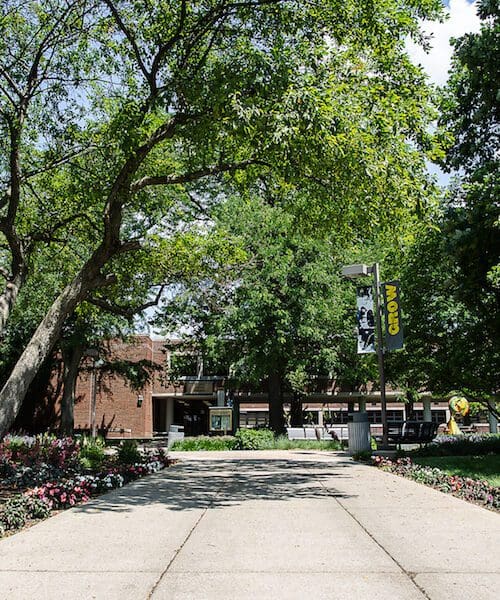Enrollment Projections, Budget Impact for FY22 and Merit Pay

We have been challenged in ways we never thought possible this year and have persevered through these turbulent times. PNW faculty members and students have remained engaged in significant learning, research and discovery through new virtual and hybrid environments, as evidenced by our upcoming Days of Discovery. We can now look forward to the outdoor celebrations of Homecoming in April and Commencement in May. By fall, we are confident that we will return to robust and vibrant activities on our PNW campuses.
Planning for fall budget impact
As we look toward the fall semester, it is important to plan strategically for our enrollment and the budget impact associated with it. The Office of Institutional Research has projected that fall 2021 enrollment at PNW may drop by as much as 7.8% in billing hours. COVID-19 may impact our billing hours by 4.3%. For the last two years, we have experienced a decline of 5.5% and 7.7%. The three-year decline can be attributed to: the impact of COVID-19 on students’ college decisions; demographics, with fewer students available to attend college; and low retention rates in some PNW academic programs.
The projected enrollment decrease will result in a $3.6 million decline in revenue. In addition, our dual credit allocation from the state will decline by more than $1.1 million during the next fiscal year due to lower credit hour production.
As we have done in the past, we will respond strategically to sustain the excellent quality of a PNW education. We are taking immediate steps to adjust our expenses for fiscal year 2022 (which begins July 1, 2021) to match our anticipated revenue. These steps include reductions in recurring funds associated with faculty and staff positions, elimination of vacant positions, and reductions in recurring supplies and equipment allocations within each division. Each vice chancellor, working with leadership in the division, will determine how to implement any required reductions in that unit, and will be responsible for communicating those changes to personnel in the division.
These immediate measures are equal to 75% of the anticipated shortfall. At fall census, in mid-September, we will make final adjustments to our expenses based upon the actual enrollment.
The revenue and expense projections described above will be used to prepare our proposed budget for next year. Subsequent to review by the president and treasurer, the budget plan is then submitted to the board of trustees for final approval.
Merit pay pool
While these decisions are difficult but necessary, at the same time we recognize the hard work of faculty and staff in facing the challenges of the pandemic. We are making a pool of monies available for merit pay in the forms of recurring funds and one-time payments.
SLT decided to follow the recommendation of the University Budget Advisory Committee, which is comprised of representatives from the Faculty Senate Budget Committee, MaPSAC, CCSAC and the Academic Deans. Faculty will be eligible for both a 1.5% recurring base salary increase and a 1.5% pool for one-time merit payment in July. Staff will be eligible for both a 1% recurring base salary increase and a 2% pool for one-time merit payment in July. The additional 0.5% recurring funds allocated for faculty merit increases will come from the Academic Affairs budget only.
Looking to PNW’s future
Faculty and staff across the university are taking strategic steps to increase retention and recruitment. We have recently invested in a comprehensive targeted digital marketing program, for example, and have increased available scholarship dollars for incoming students. We are all working toward stabilizing our enrollment and right-sizing the university.
There are many exciting things to look forward to next year. We will, as always, Power Onward toward a stronger and continually more innovative premier metropolitan university that empowers transformational change in our students and our community.
Chancellor Thomas L. Keon and the Senior Leadership Team